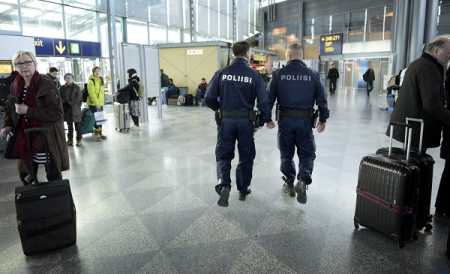Wed, 20 Jul, 2016 02:10:12 AM FTimes- Xinhua Report, July 20
Leena Malkki, a researcher at the University of Helsinki, has told Finland's national broadcaster Yle lately that the preparedness of security organizations to tackle terrorist operations is not so good as it used to be. After the 2005 attacks in London, there was a lengthy period when nothing major happened, said Malkki. She said the calm did not mean there were no attempts or plots of terrorism. "On the contrary, plans for major attacks were prevented in those years," she said. Malkki said that the seemingly calm situation contributed to an impression that no major operations were feasible in Europe, not at least in a very organized way. "But now there seems to be a situation that there is more room for terrorism in Europe", she said. "Now and then we have these moments when security measures cannot keep abreast with the way terrorism develops." However, she believed the current gap in Europe will be mended if the security personnel can acclimatize their operations to the new situation and increase the capability of collecting information. European countries have suffered major terrorist attacts in the past two years, including the series of attacks in Brussels, Belgium on March 22 with over 30 dead and in the Paris area, France, last November with 132 killed. Talking about the latest truck attack in Nice, southern France, Malkki said that it did not necessarily present a new phenomenon, but it remained to be seen what the essence of the incident was. "The attack did not need major planning like the attacks in Paris. But even if connections with ISIS are not found, the alarming vision remains that the message of ISIS can inspire individuals or small groups," she said. The question remained what kind of conclusions should be drawn from the fact that "the person was not known to security services in advance and that there is so far no information about any jihadist attitudes," Malkki noted. "Basically, the profile of the suspect involved in ordinary criminality and with problems in life is not essentially different from those militants involved in organized attacks," she said. In the past, the fighters went to the Middle East and came back, and it was the individual acts that were considered the biggest threat in Europe. but now terrorism is a bigger problem in Europe. "The problem is partially related to ISIS, but has also European roots," Malkki said.
More News
|
|
Finland Times
| Saturday, 13 December, 2025 |


